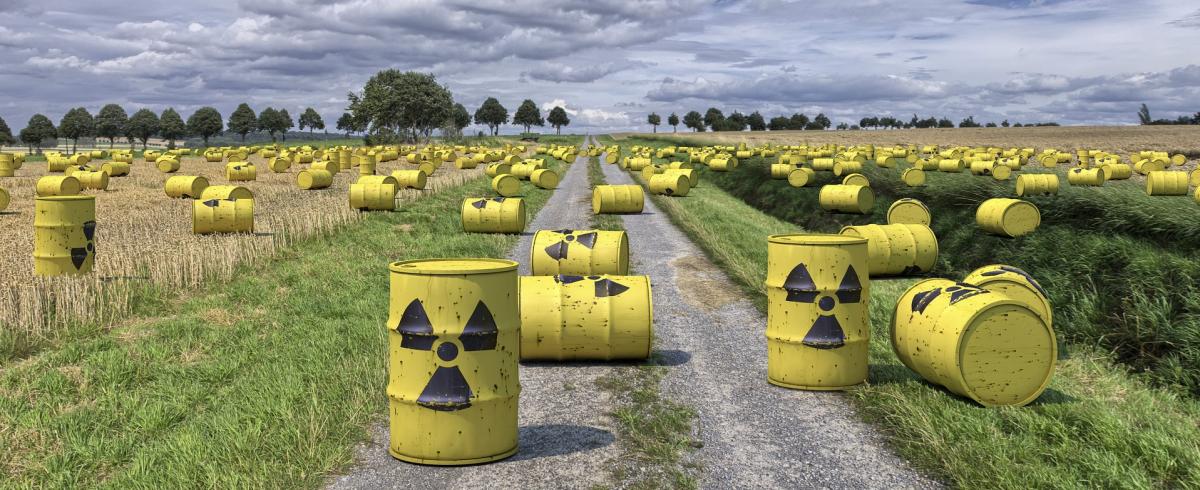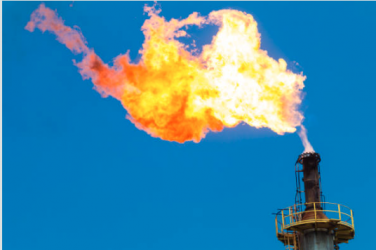In 2016, the italian Ministry of Justice issued an interesting circular entitled “Monitoring of environmental crimes following the regulatory changes introduced by Law no. 68/2015 and Law no. 6/2014“.
Law no. 68 introduced “Title VI-bis” of the criminal code concerning crimes against the environment.
Until this law was enacted, environmental crimes were punished under special laws and some provisions of the criminal code were “used” to provide for environmental protection.
Also, following the judgment rendered by the Constitutional Court, two crimes involving the event of damage were introduced, namely the crimes of environmental pollution and of environmental disaster. These two new sections make the criminal protection of the environment more effective, before these general provisions were used (the unnamed disaster, governed by article 434 of the criminal code, and the damage, governed by article 635 of the criminal code).
The document then mentions the crime of organized activities for the unlawful trade of waste, the crime of unlawful burning of waste, trafficking and abandonment of highly radioactive material, failure to reclaim land, the crimes of association aimed at committing environmental crimes or criminal control of the protected markets of the “green economy”, introduced with the law no. 6/2014.
Lastly, the aforementioned law introduced the extension of property-based measures (confiscation) to the most serious crimes against the environment for the purpose of land reclamation.
These innovations led the Ministry to start a monitoring activity in 2016, which began in February 2016 and is carried out on an annual basis, aimed at setting up a database that will be useful for checking the effectiveness of the new regulations and verifying the possibility to propose legislative changes or to engage in a debate with international organizations (UN, EU, Council of Europe).
The data relating to 2020 and 2021 are now available. An analysis of such data shows that a greater number of proceedings was recorded for the crimes of unauthorized waste management activities (art. 256 Environment law), unlawful trade of waste (art. 259 Environment law), organized activities for the unlawful trade of waste (art. 452 quaterdecies criminal code), environmental disaster (art. 452 quater).
On the other hand, fewer instances of the crimes of unlawful burning of waste (art. 256 bis Environment law), environmental pollution (art. 453 bis criminal code), culpable crimes against the environment (art. 452 quinquies criminal code) and failure to reclaim land (Article 452-terdecies criminal code) were recorded as compared to the previous year.
In 2020, 2621 proceedings were registered while, for 1123 proceedings, a criminal action was initiated. At the same time, 253 trials were concluded in that year with 180 convictions and 73 acquittals.
In 2021, conversely, 2552 proceedings were registered (hence, slightly fewer than the previous year) and, for 1937 proceedings, a criminal action was initiated (hence, almost twice as many as in the previous year). The number of trials ended in 2021 was 495, with 331 convictions and 164 acquittals.
So, while the prosecuted cases almost doubled (which could demonstrate that the notices of offence were better grounded), the percentage of convictions on trial decreased from around 71% to around 67%.
–
Marcello Bana, environmental criminal law attorney, partner Studio Legale Bana









Show Comments